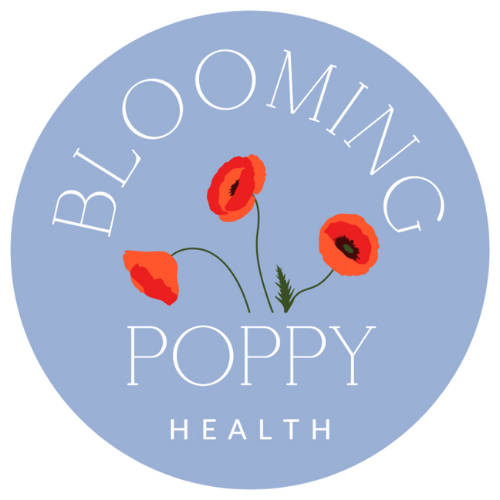Lowering Cholesterol Naturally with Diet and Chinese Medicine
Lowering Cholesterol Naturally with Diet and Chinese Medicine
High cholesterol is a common health concern that can increase the risk of cardiovascular disease. Fortunately, dietary changes and Traditional Chinese Medicine (TCM) can help lower cholesterol naturally by reducing saturated fat, increasing soluble fiber, and balancing the body's internal energy.
The Role of Chinese Medicine in Cholesterol Management
In TCM, high cholesterol is often viewed as a result of dampness and phlegm accumulation, which obstructs the smooth flow of Qi and Blood. This is often due to poor digestion, an overburdened Liver, and Spleen Qi deficiency. By strengthening digestion, improving circulation, and clearing dampness, TCM aims to restore balance and improve lipid metabolism.
Acupuncture and herbal medicine can support these efforts. Acupuncture points such as Stomach 36 (Zusanli), Liver 3 (Taichong), and Spleen 9 (Yinlingquan) can help regulate digestion, improve liver function, and reduce phlegm accumulation.
Dietary Strategies to Lower Cholesterol
1. Increase Soluble Fiber
Soluble fiber binds to cholesterol in the digestive tract and helps eliminate it from the body. Foods rich in soluble fiber include:
Beans and Legumes – Lentils, black beans, and chickpeas help lower LDL (bad) cholesterol because of their high soluble fiber content. The soluble fiber binds onto the bile carrying out fat-soluble waste (this includes bad cholesterol). Read more about beans and liver health here
Oats and Barley – Beta-glucan fiber helps reduce cholesterol absorption.
Vegetables – Sweet potatoes, carrots, and Brussels sprouts provide essential fiber and nutrients.
From a TCM perspective, these foods help strengthen the Spleen and transform dampness, which supports better digestion and lipid metabolism.
2. Reduce Saturated Fat Intake
Saturated fats, especially from dairy and processed foods and meats, can contribute to damp accumulation and blood stasis in TCM. Instead, opt for:
Healthy fats – Avocados, nuts, seeds, and olives/olive oil support Heart and Liver health.
Lean proteins – Fish, poultry, and lean meats are easier to digest and less likely to create internal dampness.
3. Limit Sugar and Refined Carbohydrates
Excess sugar weakens the Spleen, leading to an increase in dampness and phlegm, which can worsen cholesterol levels. Reducing sugar intake helps maintain a balanced metabolism and supports Heart and Liver function. If you have high triglycerides this part is crucial in lowering this number. Optimal levels of triglycerides should be under 60 on a blood test (this is different than most tests show). High triglycerides are caused by sugar in the diet. Triglycerides act like a greasy coating to our cell walls (this is part of the aspect of dampness we refer to in Chinese Medicine), which can lead to greasy buildup in our arterial walls, which can lead to heart disease and heart attacks. This includes natural sugars too. LDL fats are a large clumping of triglycerides, so lowering sugar will also help to lower LDL levels as well.
4. Drink Cholesterol-Lowering Teas
Certain herbal teas can support digestion and clear excess dampness:
Hawthorn Berry Tea – Helps reduce blood lipids and improve circulation.
Chrysanthemum Tea – Supports Liver function and reduces internal heat.
Pu-erh Tea – A fermented tea known for aiding fat metabolism and digestion.
Lifestyle Adjustments for Better Heart Health
Exercise Regularly – Movement stimulates Qi and Blood flow, helping clear stagnation.
Manage Stress – Chronic stress impacts the Liver, leading to imbalances in cholesterol metabolism. Meditation, acupuncture, and breathing exercises can help.
Prioritize Sleep – Poor sleep disrupts metabolic function and can contribute to higher cholesterol levels.
Bringing It All Together
By incorporating TCM principles and dietary strategies—such as increasing fiber, reducing saturated fats, and avoiding excess sugar—you can naturally support cholesterol balance. Acupuncture, herbal medicine, and mindful lifestyle practices further enhance these benefits, promoting long-term heart health and overall well-being.

